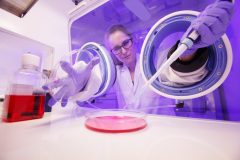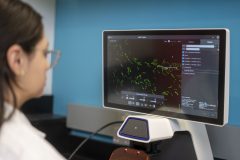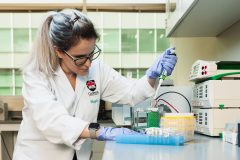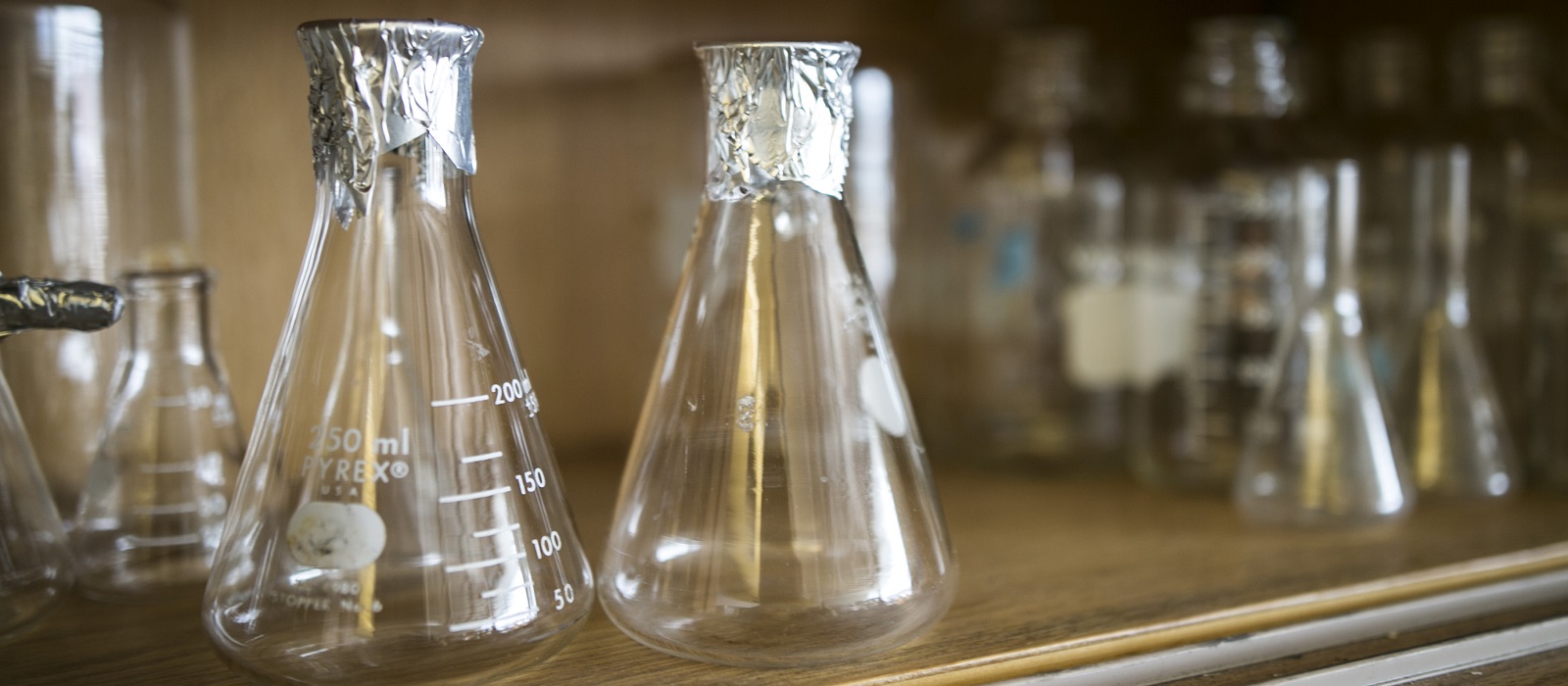
Genomics and Proteomics

Computational Biochemistry

Biochemistry

Biotechnology
Faculty Research Areas
- Enzymology and Molecular Biology
- Bio-organic Chemistry
- Cell Biology
- Membrane Biochemistry
- Bionanotechnology
- Bioinformatics: Drug Discovery and Cell Simulation
- Proteomics
- Developmental Biology
- Biophysical Chemistry
- Fungal Toxins and Allergens
- Molecular Carcinogenesis
- Plant Biochemistry and Molecular Biology
- Molecular Biology of Fungi
- Stress and Gene Regulation
- Molecular Biology
- Environmental Chemistry
- Molecular Biology of Stress
- Plant Molecular Biology
- Organic Chemistry
- Metabolism
- Stem Cell Biology
Share: Twitter, Facebook
Short URL:
https://carleton.ca/biochem/?p=55




